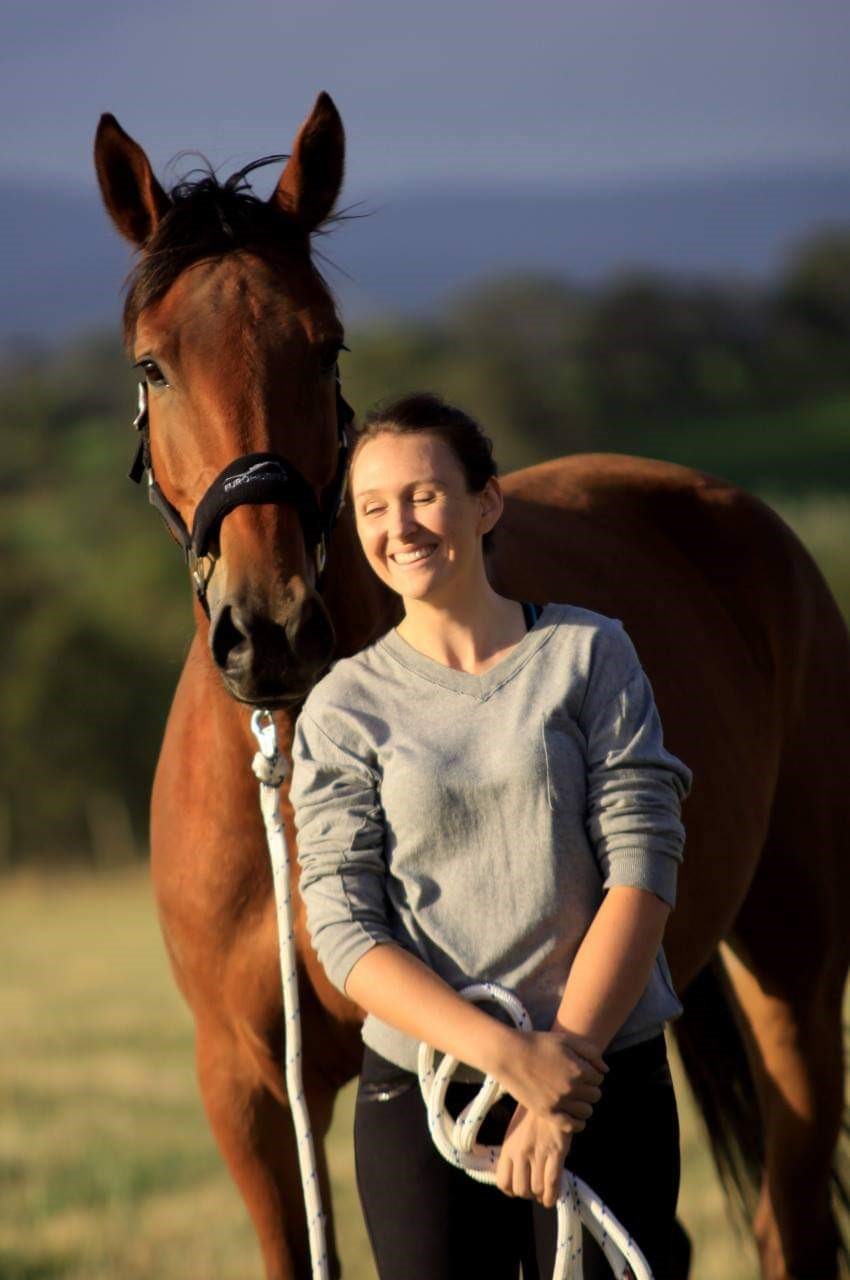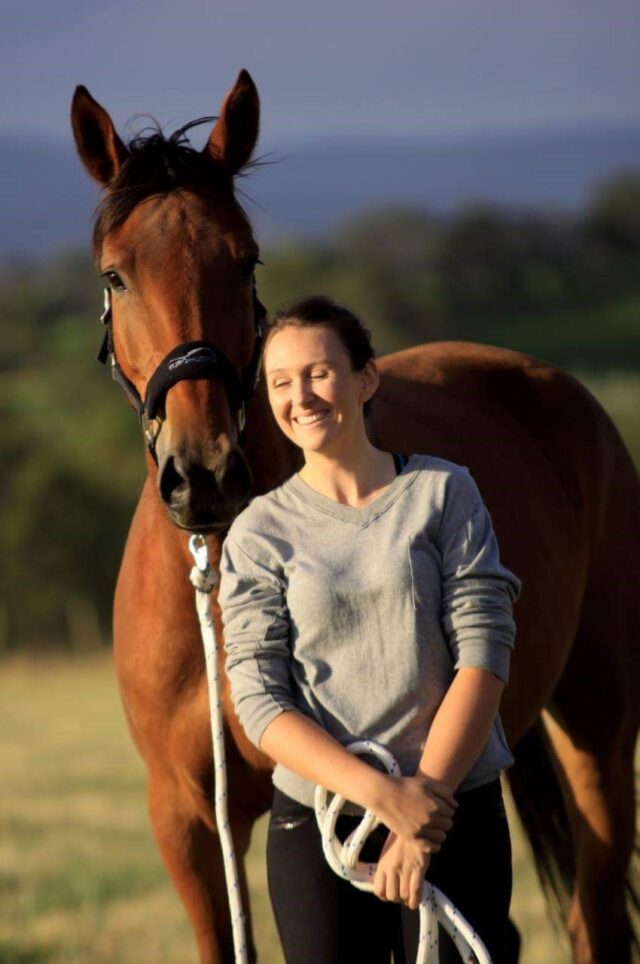
People with Disability Australia (PWDA) recently completed extensive consultation with the disability community to inform our submissions to the NDIS Review 2023. While we could not share the stories of the thousands of PWDA members, we asked some of our community to share stories of their lived experience, adding context and texture to the data and soundbites.
The NDIS is meant to make living a normal life easier for people with disability, so we are included and can chase our goals like everyone else.
To me, good support from the NDIS means understanding my disability from my point of view. It means giving me what I need to thrive and letting me choose the supports that work best for me. It means getting roadblocks out of my way.
Everyone who works for the National Disability Insurance Agency (NDIA) carries a huge responsibility in delivering the vision of inclusion, human rights, goals, and aspirations enshrined in the NDIS Act.
As Chair of the NDIS Board, Kurt Fearnley, told Dr George Taleporos on his Reasonable & Necessary podcast: “Every role within the NDIA is the most important role… [because your work is] pivotally important in the way somebody lives their life.”
I just want the NDIA to give me what I need and then leave me in peace to do what I do best, but sometimes, the NDIA is the biggest barrier of all. When that happens, being on the NDIS makes my life harder, not easier, because access to funding is not enough if the NDIA causes so much stress and distraction that I have nothing left in the tank to focus on my stated goals.
So, here are three big ways the NDIA blocks the road to my goals, and what they can do to make the NDIS work better for me.
1. Disabilities are not always simple.
Some people have more than one disability.
My disability is a mix of Autism, ADHD, and a physical disability. This means my mind and body both respond to the world differently, but my biggest daily challenge is the way these disabilities overlap and create extra barriers.
The NDIA is not good at understanding what happens when people have more than one disability. They force us to list the disability with the biggest impact as our “Primary Disability” but this whole concept gets too much wrong about the support we need.
The NDIA thinks my disabilities are like raw vegetables when my disabilities are like cooked soup: I cannot draw a line between Autism, ADHD, and my physical disability because I cannot turn soup into carrots and pumpkins.
I want the NDIA to stop telling Australia our disabilities are raw vegetables. I want them to tell Australia the truth about disability soup so we can do better research, design better supports, and ensure NDIS plans reflect people, not pigeonholes.
2. The NDIA needs to realise how my disabilities make me unsafe.
The NDIA thinks keeping us safe is important, but this means they need to ask us about risks that are unique to our lives with disability.
Two main things make me unsafe in ways the NDIA just doesn’t understand.
Being autistic with a physical disability means I don’t always notice my body’s warning signs soon enough. I can get way too hot or hurt myself without realising. I experience countless increased symptoms including dizziness when on my feet for long. I forget to stop and rest.
This can be dangerous in Australian weather, especially in a rural area. I am in more danger when I am alone on a rural property. I am in more danger if I use my quad bike or farm tools when I am exhausted. I am more likely to die in a bushfire.
More suitable equipment would keep me just as safe on a rural property as someone without my disabilities, but the NDIA doesn’t think I need this equipment because they don’t realise what disability and safety means for me. They didn’t listen to a rural safety and accessibility expert and my doctor because the advice did not come from an Occupational Therapist.
The NDIA needs to realise that safeguarding means listening to what I need to overcome disability barriers to my goals without risking my life the first time I tell them, because I might not get a second chance.
3. I want the NDIA to let us fact-check their knowledge about disability support.
The NDIA thinks NDIS access and support should be based on research and expert advice, but they keep most of this secret and often only give us summaries.
This can cause huge problems for participants trying to navigate the NDIS, and it isn’t fair. It makes me think the NDIA fears being wrong, but how can we know they are right if they don’t let us check?
I am not just a disabled person or NDIS participant. I also love science, have published research, and I want to review the NDIA’s evidence base because I want to know if they are making good decisions about people like me.
I want us to be able to talk about it and help keep NDIA knowledge on the right track. This is known as “peer review” in the science world. It’s like having your peers check your homework.
NDIA CEO Rebecca Falkingham has made some big changes since taking over in late 2022, but some things are not changing fast enough, and this is one thing Ms Falkingham could do which would have a huge impact on making the NDIS work better for me and others like me: Let participants and our supporters check the NDIA’s homework, so we can judge whether they understand our disabilities and support needs well enough and tell them where they could improve.
I am asking Ms Falkingham to share:
- What the NDIA knows about different disabilities
- All expert advice and research the NDIA uses to make decisions about us.
- A list of all “Subject Matter Experts” in the NDIA and why these people are experts.
- Any reports or advice the NDIA pays other experts to write.
Some advice the NDIA uses is from a team of experts called the Technical Advisory Branch (TAB). Advice from TAB is shared via the TAB Digest so other people who work for the NDIA can read it, and I think Ms Falkingham should make this digest public too.
If Ms Falkingham wants to restore our trust in the NDIA, I think making all this knowledge public is one of the most important actions she could take. It would also show that she trusts us enough to let us help her make the NDIS work better for all of us who need it today and protect it for those who come after us. And that, in turn, would earn Australia’s trust.

Cat Walker (She/Her) is a neurodivergent writer, experienced advocate for horses with invisible congenital disabilities, and rookie disability advocate for humans. You can follow her efforts on Instagram as @theautonomousautistic, or The Autonomous Autistic on Facebook. She would love to hear from Aussie academics with lived experience research opportunities.
Read What you told us during the NDIS Review for more.
Our publications
- Report: NDIS Review: Survey Summary
- Report: NDIS Review: Housing Survey Summary Report
- Media release: PWDA Responds to NDIS Review
- Submission: NDIS Review of Participant Safeguarding
Get in touch
If you would like more information or want to discuss any part of this project, please contact us by email at pwd@pwd.org.au or call 1800 422 015.
Ends | Contact us
